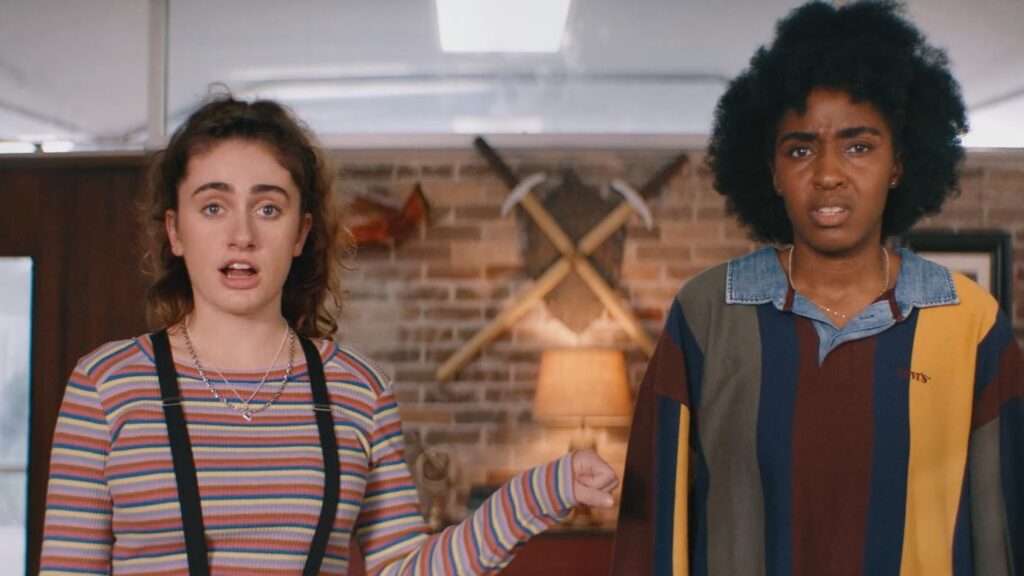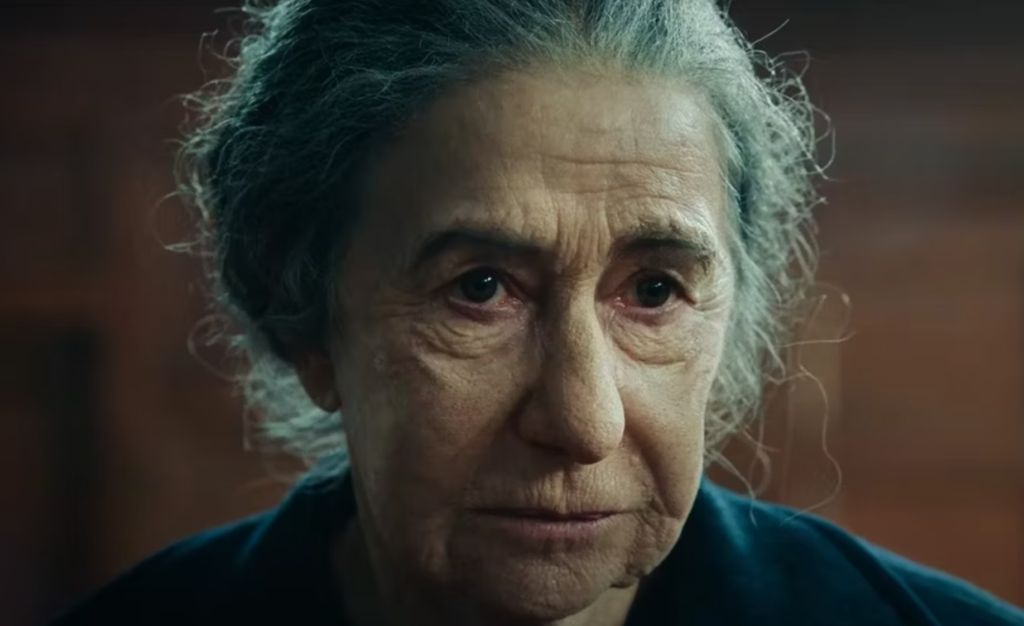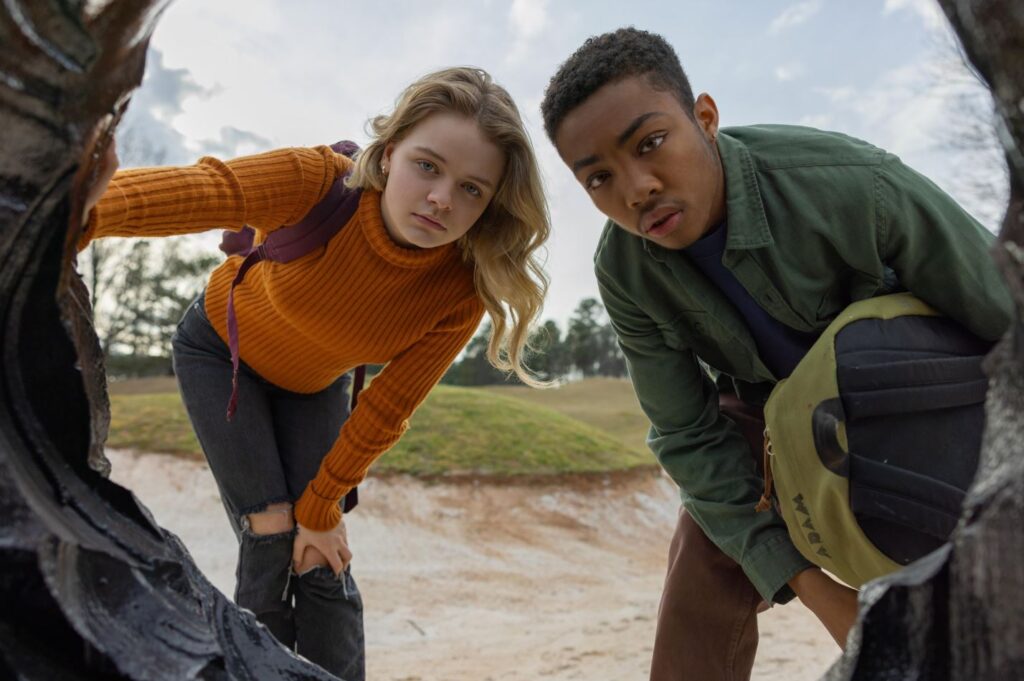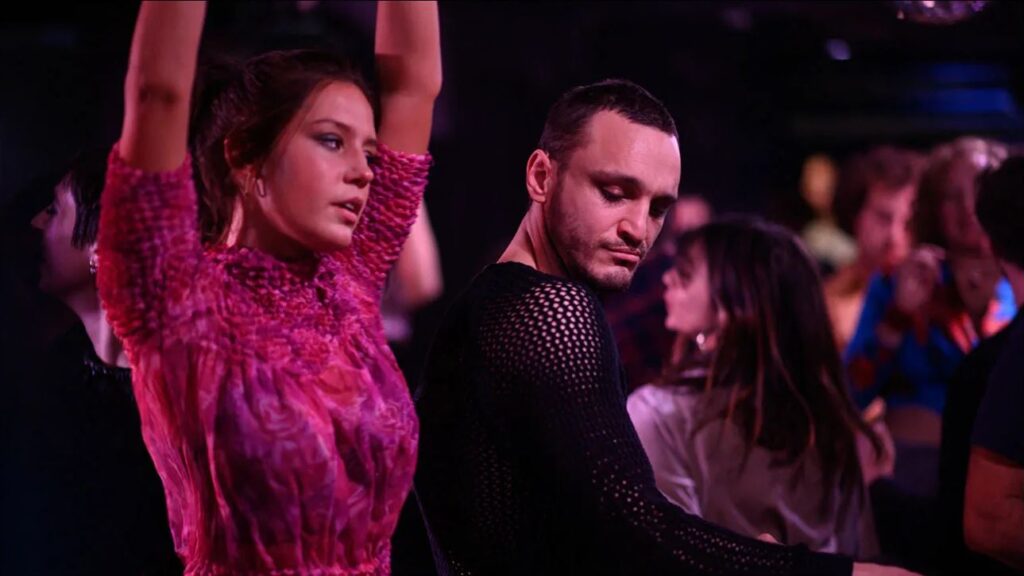Seeing Red Envelopes: An Elegy for Netflix’s DVD-by-Mail Service

It was a new iteration of a familiar conversation. Speaking with a coworker about my prior evening, I explained that I’d watched a movie (shocker), and that I’d procured it in the form of a Blu-ray disc from Netflix’s DVD-by-mail service. He gawped in amazement: “Netflix still sends DVDs??”
Sadly, not for much longer. At the end of this month, after 21 years of glorious pony-express shipping, Netflix will finally close its brick-and-mortar (disc-and-mailer?) operation and focus exclusively on online streaming. In a way, it’s hard to believe it lasted this long. The company foresaw our digital-dominant present as early as 2007, when it introduced a novel plan to “deliver movies and TV shows directly to users’ PCs” (imagine that!). But it really ushered in the demise of its postal venture in February 2013, when it entered the original-programming space and introduced a little series called House of Cards, which was immediately available to binge in its entirety. (Who wants to watch TV this way, I scoffed.) In retrospect, it’s something of a miracle that Netflix’s DVD arm survived for a full decade from that point, even if the breadth of its selection continually shrank as the corporation poured money and sweat into the streaming wars. Read More




